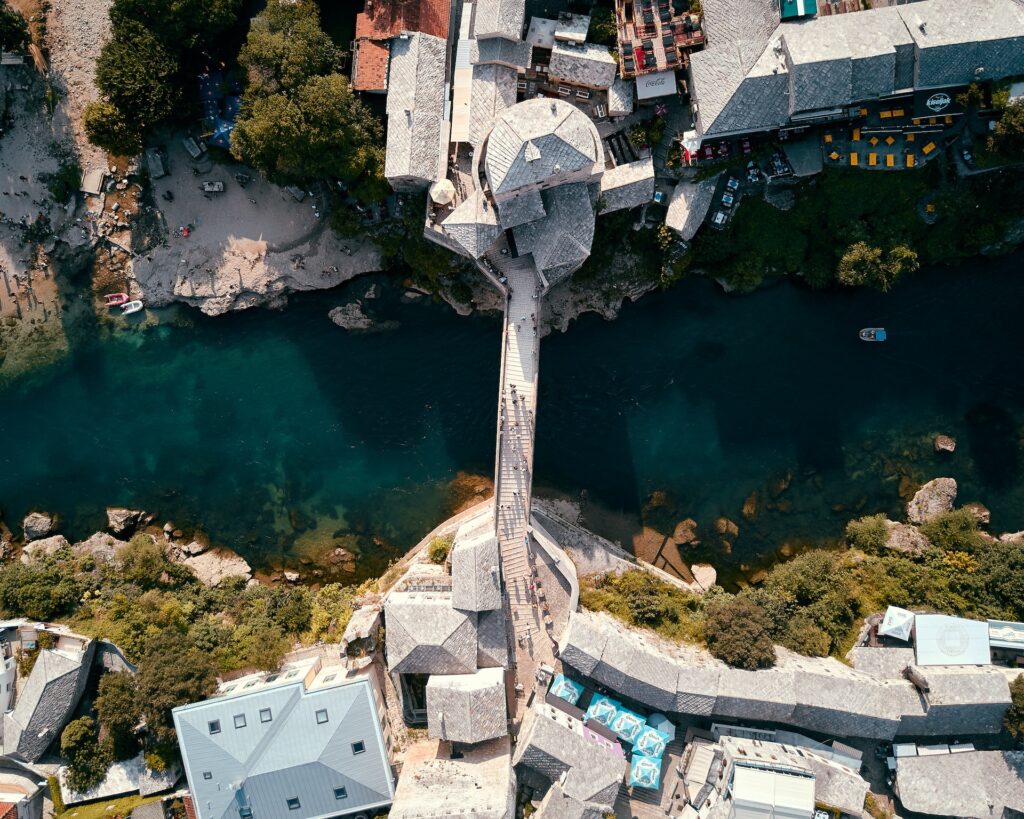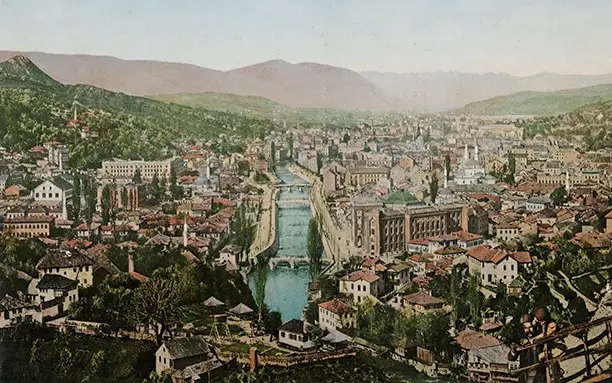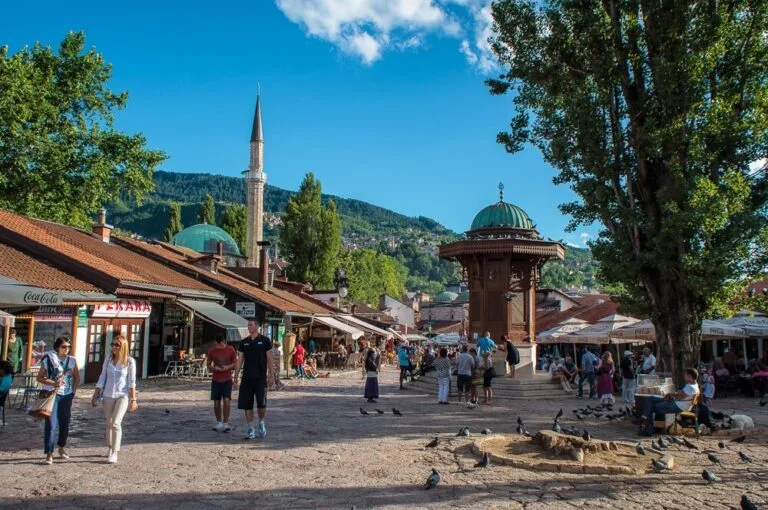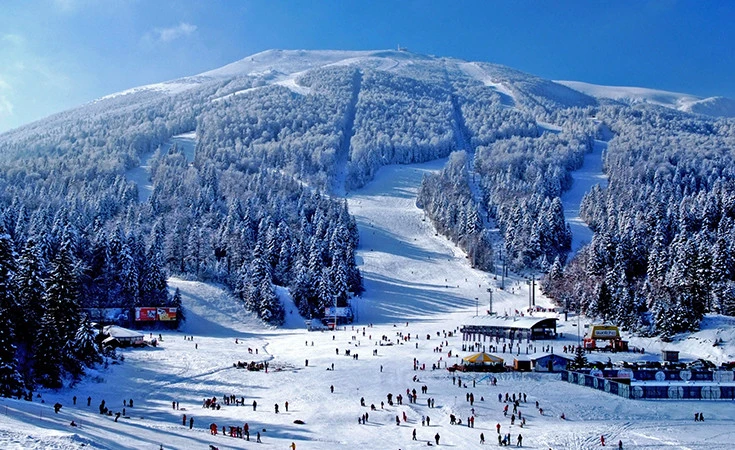The name “Bosnia” conjures up images of a picturesque Balkan country with a rich history and diverse culture. But have you ever wondered why it’s called Bosnia and not something else? In this detailed blog post, we’ll explore the origins of the name “Bosnia” and delve into related questions about its history, meaning, and what Bosnians call themselves and their country.
The Origins of the Name “Bosnia”
1.1 Historical Roots
The name “Bosnia” has ancient roots that can be traced back to Roman times. It is believed to have originated from the Latin word “Bossino,” which was used to refer to the river Bosna. The river Bosna flows through what is now modern-day Bosnia and Herzegovina.
1.2 Ottoman Influence
During the Ottoman Empire’s rule in the Balkans, the region was known as “Bosna.” This name was derived from the same river and was used to describe the area as a whole. The Ottoman influence has had a lasting impact on the culture, language, and identity of the region.
What Do Bosnians Call Bosnia?
3.1 Bosnia and Herzegovina
Bosnians, in general, refer to their country as “Bosna i Hercegovina” in their native language, Bosnian. This is the official name of the country and encompasses both historical regions.
3.2 Informal Names
In everyday conversation, Bosnians often use informal names like “Bosna” or “BiH” as abbreviations. These terms are widely recognized and understood by the population and are used colloquially.
The Meaning of “Bosnia”
4.1 Linguistic Origins
The word “Bosnia” has no clear and universally accepted meaning in the Bosnian language. However, its roots in Latin (“Bossino”) and historical usage under Ottoman rule give it a sense of continuity and historical significance.
4.2 Modern Interpretation
Today, “Bosnia” is commonly associated with the land, people, and culture of the region. Its meaning has evolved over centuries, shaped by the various civilizations that have left their mark on this diverse and historically rich area.
What Do Bosnians Call Themselves?
5.1 Bosniaks, Croats, and Serbs
Bosnia and Herzegovina is home to three main ethnic groups: Bosniaks (Bosnian Muslims), Croats (Bosnian Croats), and Serbs (Bosnian Serbs). These groups often identify themselves based on their ethnic background, which is closely tied to their historical, religious, and cultural heritage.
5.2 Bosnians
While the different ethnic groups in Bosnia and Herzegovina have distinct identities, some individuals, particularly those who identify as Bosniak, Croat, or Serb, also consider themselves Bosnians in a broader sense. This identity emphasizes their connection to the land and culture of Bosnia and Herzegovina as a whole.
FAQs
Q1: Is “Bosnia” the same as “Bosnia and Herzegovina”?
A1: No, “Bosnia” refers specifically to one of the two historical regions that make up the country of Bosnia and Herzegovina. The official name of the country includes both regions.
Q2: What language do Bosnians speak?
A2: The official language of Bosnia and Herzegovina is Bosnian, which is similar to Croatian and Serbian. It uses the Latin alphabet but also includes some words borrowed from Turkish due to the Ottoman influence.
Q3: Are there any famous landmarks or attractions in Bosnia?
A3: Yes, Bosnia and Herzegovina is known for its stunning natural beauty, including the picturesque city of Mostar with its famous Old Bridge, the historic town of Sarajevo, and the beautiful Plitvice Lakes National Park.
In conclusion, the name “Bosnia” has deep historical and geographical roots, and it reflects the complex identity and structure of the country. While officially called Bosnia and Herzegovina, the shorter “Bosnia” is widely used in informal settings. The term “Bosnians” can refer to the people of the region as a whole, emphasizing their connection to the land and culture that make this country unique.
Sources:




